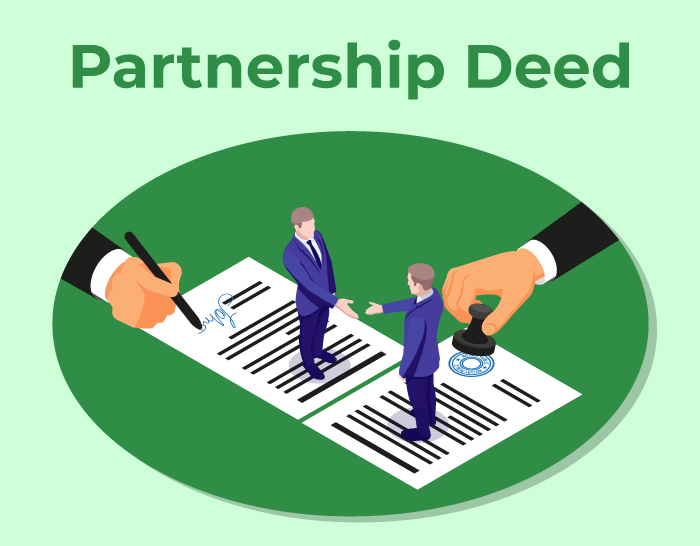Partnerships have long been a popular business structure, offering individuals the opportunity to collaborate, pool resources, and share profits and losses. Traditionally, partnerships were limited to a select few, but in today's dynamic business landscape, the question arises: Can anyone be a partner in a partnership? In this blog post, we will delve into the intricacies of partnerships, examining the factors that determine partnership eligibility and exploring the potential for anyone to become a partner.
- Understanding the Partnership Structure:
Before delving into the question at hand, it is crucial to grasp the fundamentals of a partnership. A partnership is a legal entity formed by two or more individuals who agree to share the responsibilities, risks, and rewards of a business venture. It is characterized by a mutual understanding, trust, and a shared vision for success. - Partnership Eligibility Criteria:
While partnerships are generally open to a wide range of individuals, certain criteria must be met to become a partner. These criteria may vary depending on the jurisdiction and the nature of the partnership. Some common factors considered include: a. Expertise and Skills: Partnerships often seek individuals with specific expertise and skills that complement the existing partners. This ensures a diverse skill set within the partnership, enhancing its overall capabilities. b. Financial Contribution: Partnerships typically require partners to make a financial investment in the business. This contribution demonstrates commitment and shared responsibility. c. Trust and Compatibility: Trust and compatibility among partners are vital for a successful partnership. Shared values, goals, and a compatible working style contribute to a harmonious and productive partnership. - Overcoming Barriers:
While meeting the eligibility criteria is essential, it is important to note that partnerships are not solely reserved for established professionals or industry experts. With the right approach and determination, anyone can overcome potential barriers and become a partner. Here are some strategies to consider: a. Continuous Learning and Skill Development: By investing in personal and professional growth, individuals can acquire the necessary expertise and skills to become valuable partners. This can be achieved through formal education, training programs, or mentorship opportunities. b. Networking and Relationship Building: Building a strong network and fostering relationships within the industry can open doors to partnership opportunities. Attending industry events, joining professional associations, and actively engaging with peers can help establish credibility and connections. c. Showcasing Value Proposition: Demonstrating a unique value proposition is crucial in attracting partnership opportunities. Highlighting one's strengths, achievements, and innovative ideas can set individuals apart and make them desirable partners. - Benefits and Challenges of Partnership:
Becoming a partner in a partnership offers numerous benefits, including shared decision-making, access to a broader pool of resources, and the ability to leverage collective expertise. However, it is important to acknowledge the challenges that come with partnership, such as shared liabilities, potential conflicts, and the need for effective communication and compromise.
Conclusion:
In conclusion, while partnerships traditionally had certain limitations, the modern business landscape presents opportunities for anyone to become a partner. By understanding the partnership structure, meeting eligibility criteria, and adopting strategies to overcome barriers, individuals can unlock their potential and contribute to successful partnerships. Embracing continuous learning, building relationships, and showcasing value proposition are key steps towards becoming a sought-after partner. So, can anyone be a partner in a partnership? The answer lies in the determination, dedication, and drive of the individual seeking partnership.


